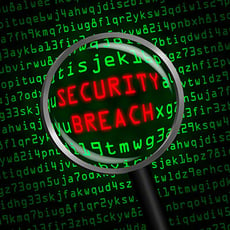Resources
Get insights, answers, and inspiration—all built to keep you ahead in tech.

05-02-2025

12-02-2024

04-05-2024

02-02-2024

12-27-2023